Wine is not only a popular sweet and fragrant beverage, but also a good medicine for traditional Chinese medicine. With the increasingly rich and improved techniques of traditional Chinese medicine, people have developed from simply drinking wine to soaking medicinal herbs in wine, making medicinal wine that can treat diseases and nourish the body. Due to its simplicity in production, convenience in consumption, significant therapeutic effects, and easy preservation, medicinal wine has long been loved by people.
1. The Efficacy of Medicinal Wine
Medicinal wine has different specific effects and indications depending on the medicinal ingredients it contains. In general, medicinal wine can be divided into two categories.
The first category has the effects of dispelling wind, dispersing cold, promoting blood circulation, and warming the meridians to relieve pain. It can treat joint pain caused by wind, cold, and dampness invading the body, as well as symptoms such as soreness and weakness in the waist and knees, numbness of the limbs, and injuries from falls. Examples include rheumatism wine, snake wine, Shiguo wine, and Fenglexing wine.
The second category has the nourishing effects of replenishing qi, nourishing blood, assisting yang, and tonifying essence. It can treat various deficiencies of qi and blood. Examples include ginseng wine, three whip wine, cordyceps wine, Shiquan dabu wine, and Qiongjiangsa wine.
2. Common Medicinal Wines
Although there are various medicinal wines available on the market, ready-made medicinal wines have a limited range of applications. By customizing medicinal wine according to one's own physical condition and using the diagnostic methods of traditional Chinese medicine, one can often achieve better results with less effort.
1. Yangmei Wine
Prescription: 100g fresh yangmei.
Efficacy: Strengthen the spleen, generate body fluids, warm the middle, and stop diarrhea.
Indication: Abdominal pain and diarrhea caused by cold.
2. Ginseng Wine
Prescription: 50-100g ginseng (cut into slices), honey can be added when drinking.
Efficacy: Strengthen the spleen, tonify qi, nourish and strengthen the body.
Indication: Post-illness and elderly with weak constitution, insufficient qi, weakness in the limbs, weakened spleen and stomach function, poor memory, etc.
3. Kidney-nourishing and Waist-strengthening Wine
Prescription: 12g fried Codonopsis pilosula, 12g fried Eucommia ulmoides, 10g Cuscuta chinensis, 12g fried Achyranthes bidentata, 12g Angelica sinensis, 9g Psoralea corylifolia, 12g walnut meat, 10g raw and cooked Rehmannia glutinosa, 3g borneol, 6g safflower, 12g Sangjisheng.
Efficacy: Tonify and nourish kidney qi, strengthen the waist, and relieve pain.
Indication: Chronic lumbar pain, lumbar acid, and various conditions of lumbar muscle strain caused by weak body and insufficient kidney qi.
4. Kumquat Wine
Prescription: 60g fresh kumquat, 40g hawthorn.
Efficacy: Soothe the liver, regulate qi, strengthen the spleen, and relieve cough.
Indication: Cough, feeling of stuffiness in the chest, bloating and stomach pain caused by disharmony between the liver and stomach, indigestion, loss of appetite, etc.
5. Rheumatism Wine
Prescription: 10g Angelica sinensis, 6g safflower, 6g processed Aconitum kusnezoffii, 10g Rehmannia glutinosa, 10g Salvia miltiorrhiza, 10g Cyathula officinalis, 10g Papaya, 15g Astragalus membranaceus, 30g Mulberry twig.
Efficacy: Promote qi circulation, activate blood circulation, expel wind, and relieve pain.
Indication: Arthritis, various bone and muscle aches, lumbar muscle strain, sprains, numbness of the hands and feet, and joint stiffness, etc.
6. Qi and Blood Nourishing Wine
Prescription: 12g Codonopsis pilosula, 12g Astragalus membranaceus, 12g longan flesh, 10g mulberry, 10g Angelica sinensis, 10g raw and cooked Rehmannia glutinosa, 10g wolfberry, 10g Salvia miltiorrhiza, 10g Polygonum multiflorum.
Efficacy: Nourish qi and blood.
Indication: Insufficient qi and blood, dizziness, blurred vision, anemia, insomnia, etc.
3. Homemade Medicinal Wine
With medicinal wine prescriptions, you can make your own medicinal wine. Making medicinal wine is actually not complicated. First, choose a good quality liquor with a strength of about 60 degrees, such as Erguotou, Gaoliang wine, etc., as the solvent (yellow wine can also be used). Then, make single herb medicinal wine and compound medicinal wine separately.
Single herb medicinal wine refers to medicinal wine made by soaking only one type of herb, such as the ginseng wine mentioned above. To make it, simply wash and dry the single herb and soak it in the wine.
Compound medicinal wine refers to medicinal wine made by soaking multiple herbs, such as the qi and blood nourishing wine mentioned above. To make it, first process the herbs into slices or coarse powder to increase the contact area between the herbs and the wine. Then, put the herbs in a muslin bag and tie the bag tightly. Place the herbal bag in a large glass or ceramic container and add the appropriate amount of wine (the ratio of wine to herbs is generally 10:1, i.e. 100g of wine can soak 10g of herbs). Seal the bottle tightly and store it in a cool place. To fully extract the medicinal properties, shake the bottle 2-3 times a day. Generally, it can be consumed after soaking for about half a month. Before consumption, pour out the clear wine on the surface, then press and squeeze the herbs to extract the wine, mix it with the clear wine, let it settle for 1 day, and then filter it with a fine gauze to obtain the medicinal wine.
Friendly reminder:
Medicinal wine is different from ordinary wine. It has a specified course of treatment and a smaller dosage. Patients can drink 10-30ml each time according to their tolerance to alcohol. If you cannot drink alcohol, you can dilute 1 part of medicinal wine with 10 parts of sugared cold water and take it in the appropriate amount. Patients with liver and kidney diseases, digestive ulcers, hypertension, allergic diseases, and heart failure should avoid using medicinal wine. In addition, children and pregnant women should also avoid taking it.




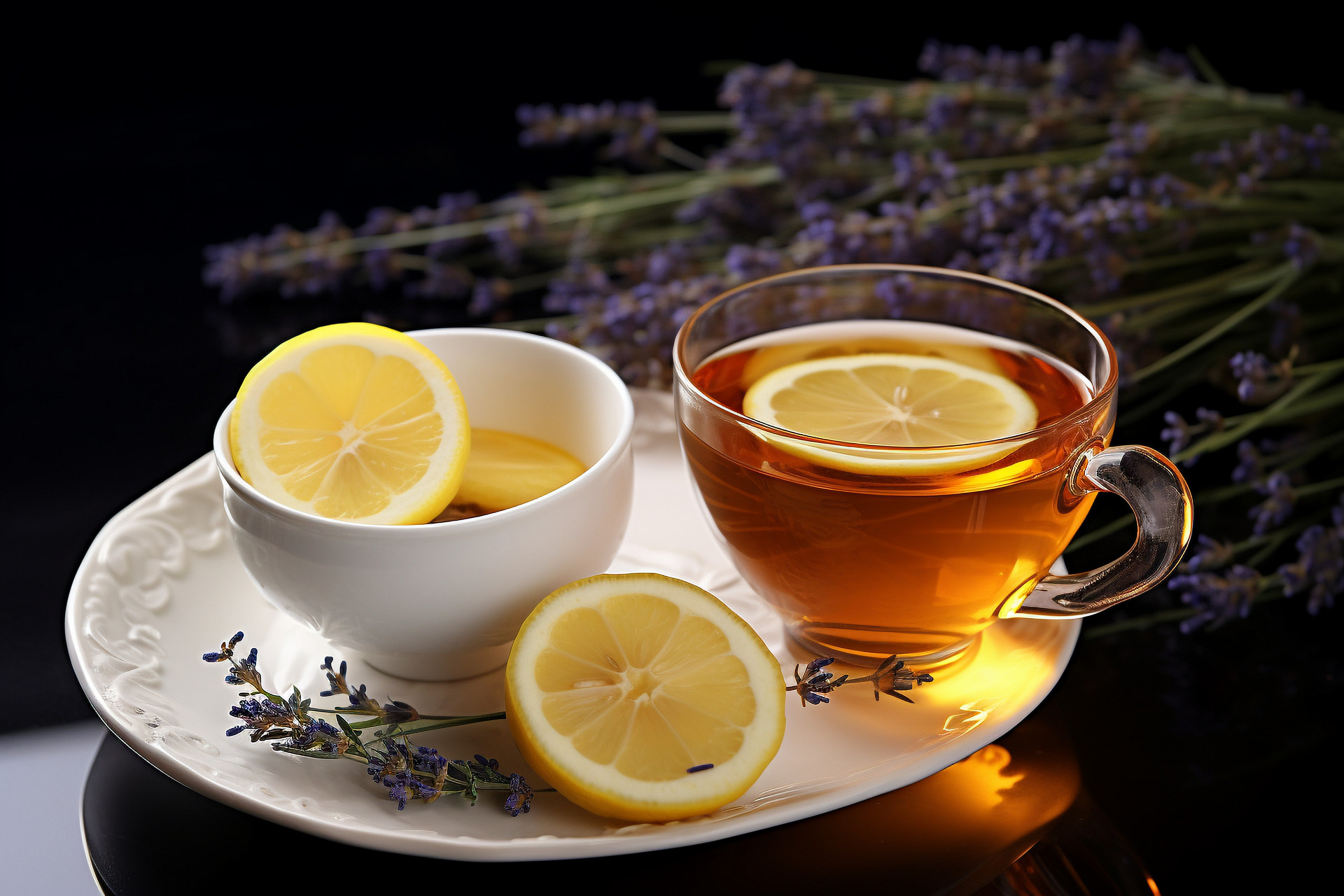
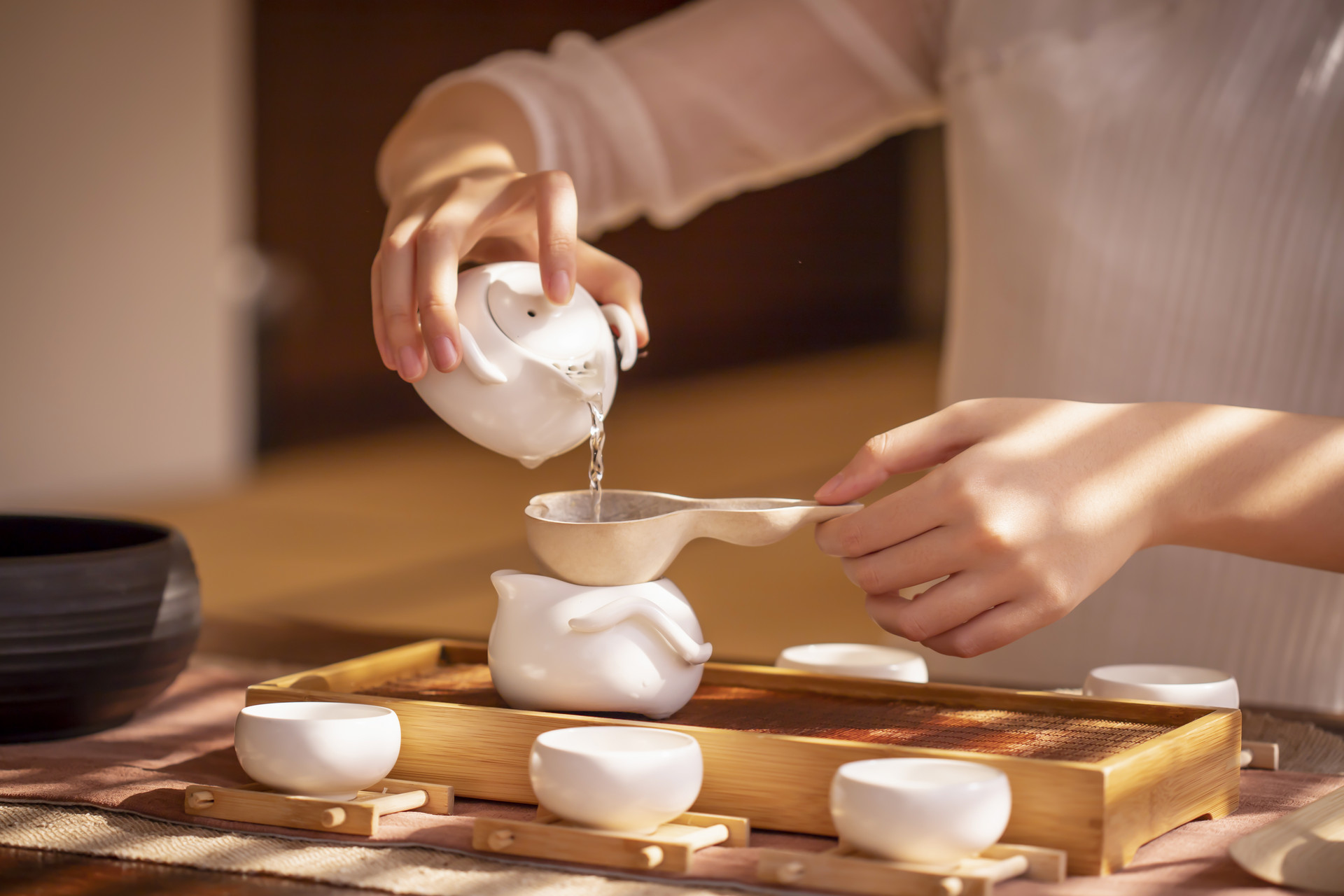
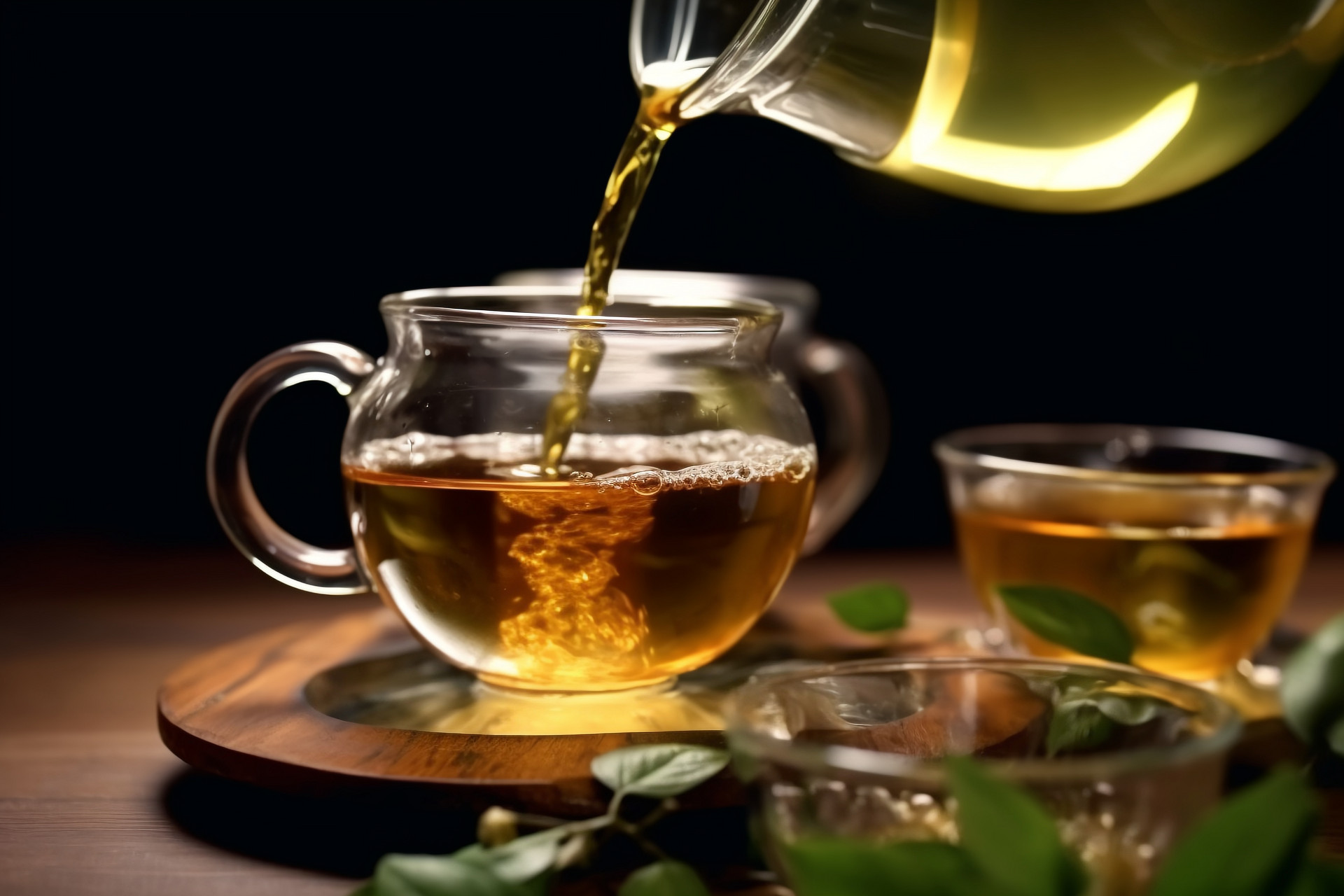

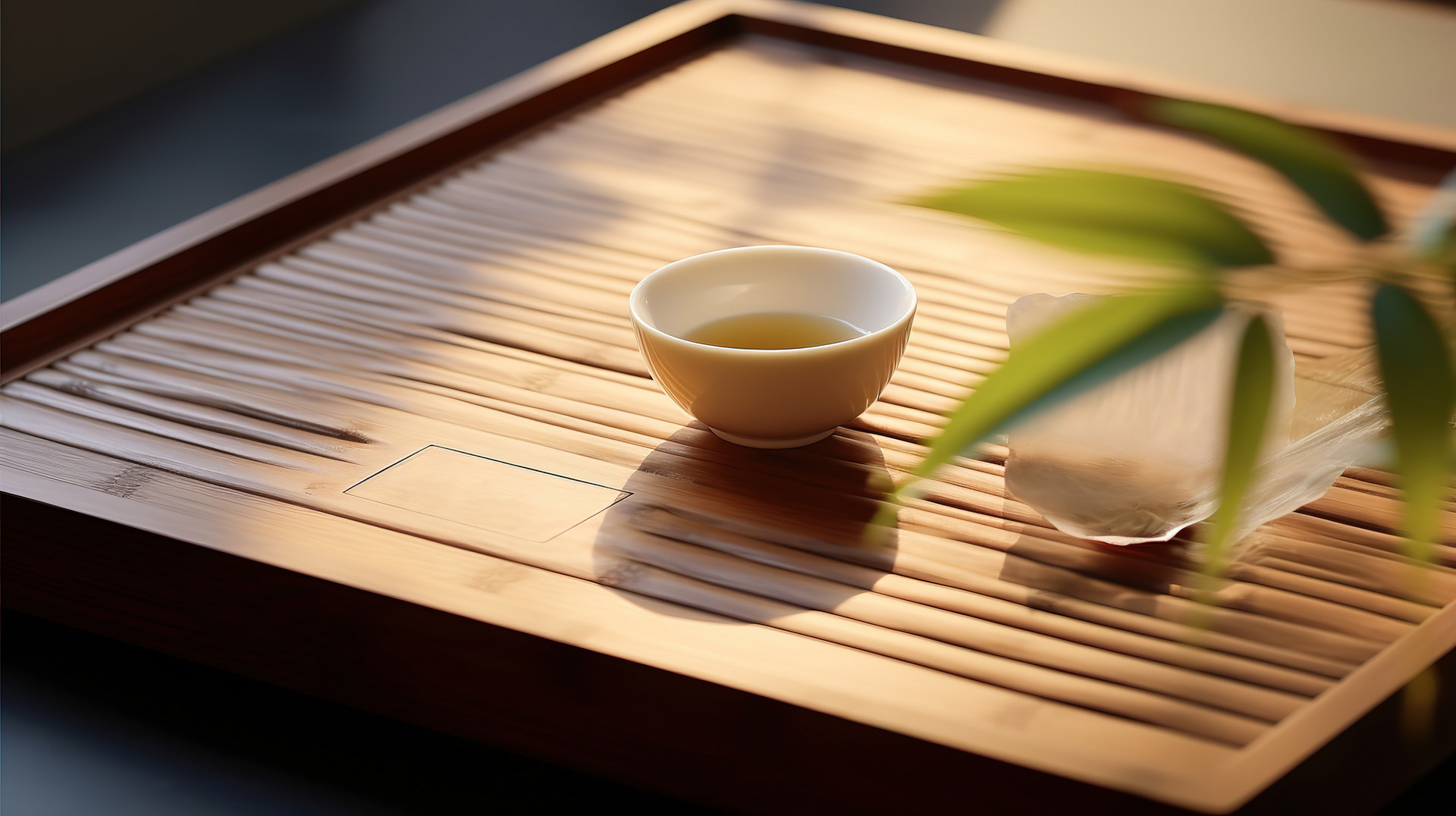
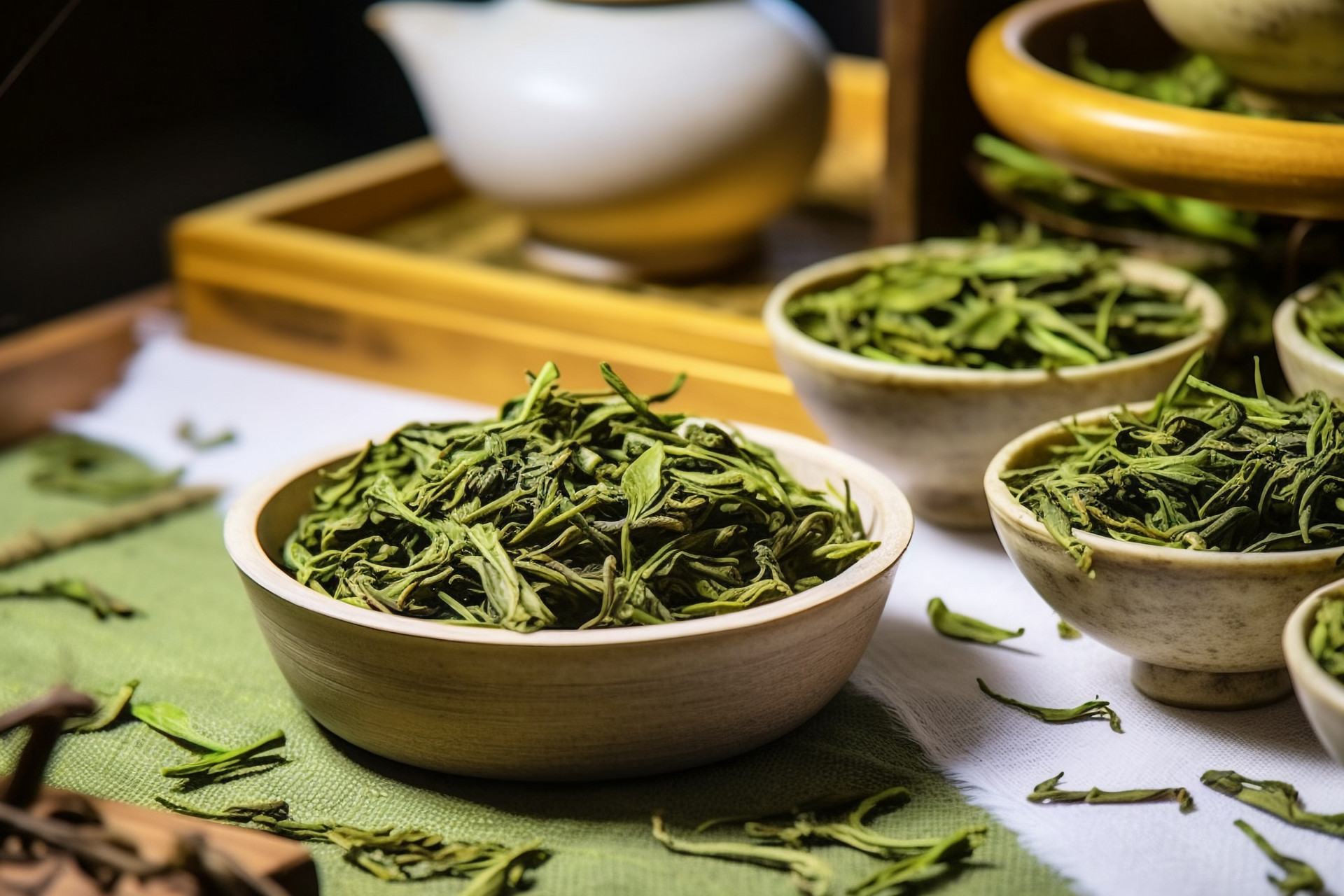
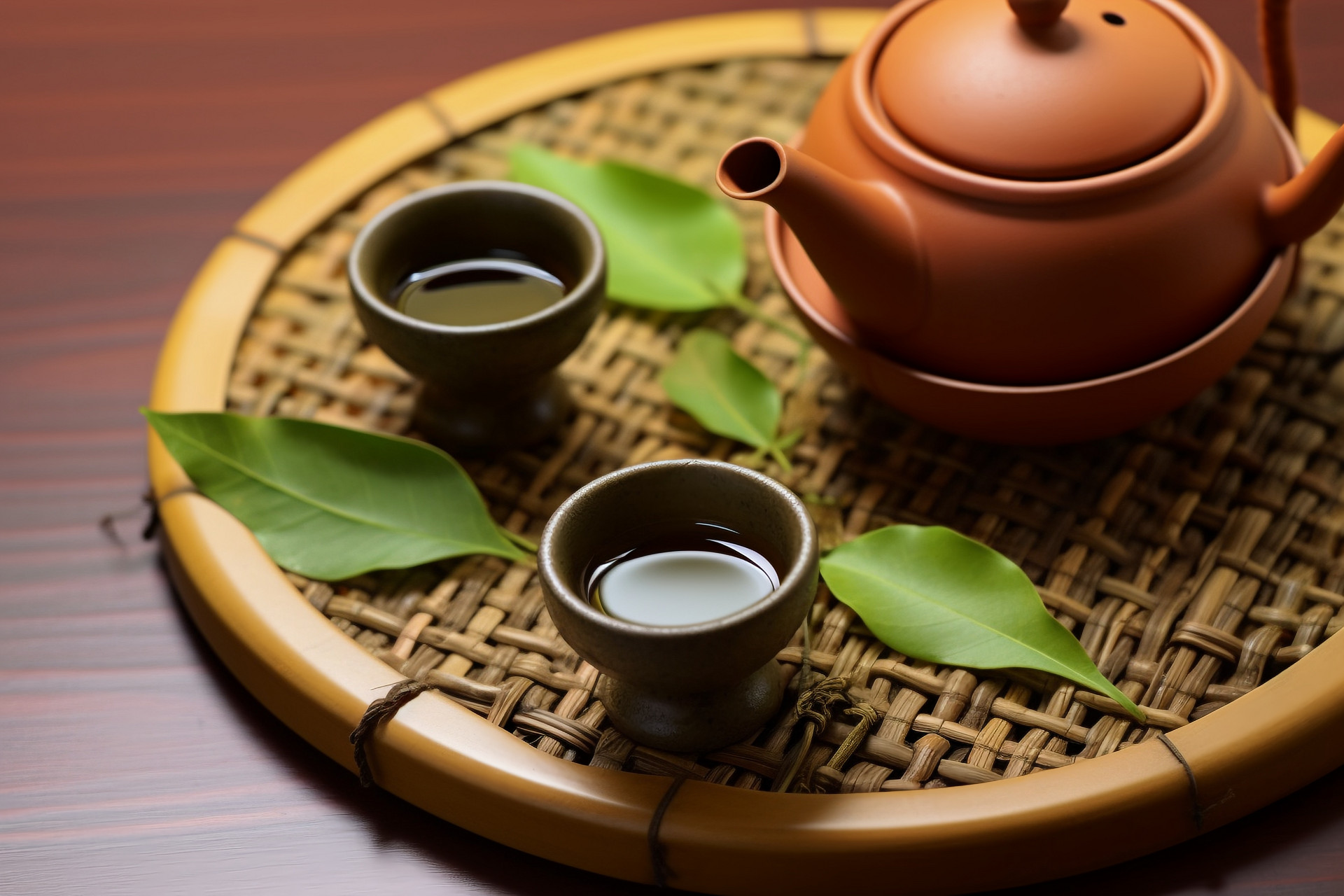
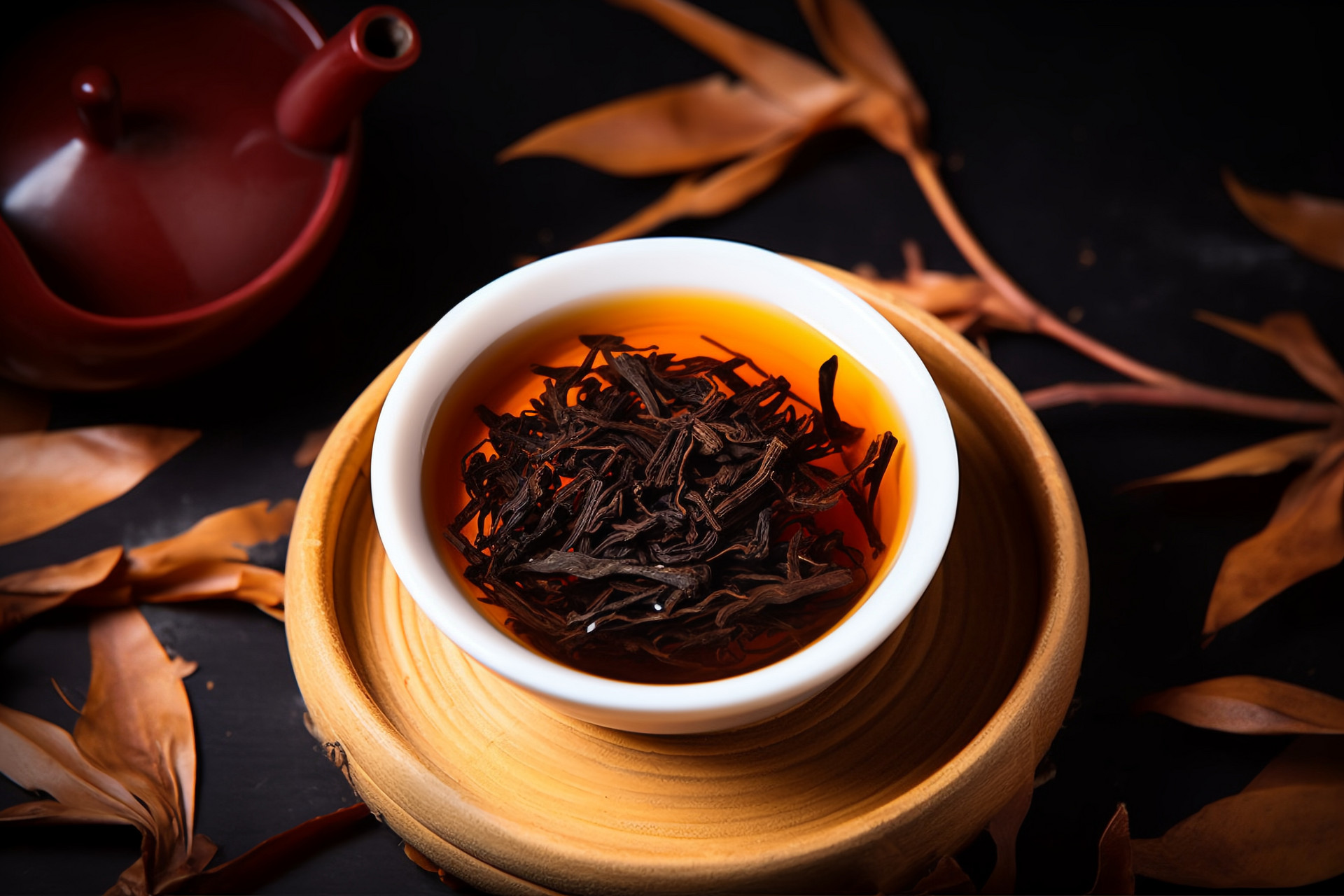
![[Herbal Wine Recipes for Health and Beauty]](http://tcmmaintenance.com/uploads/20240715/7241f6b6eafdaed88c28b26a37213964.jpg)